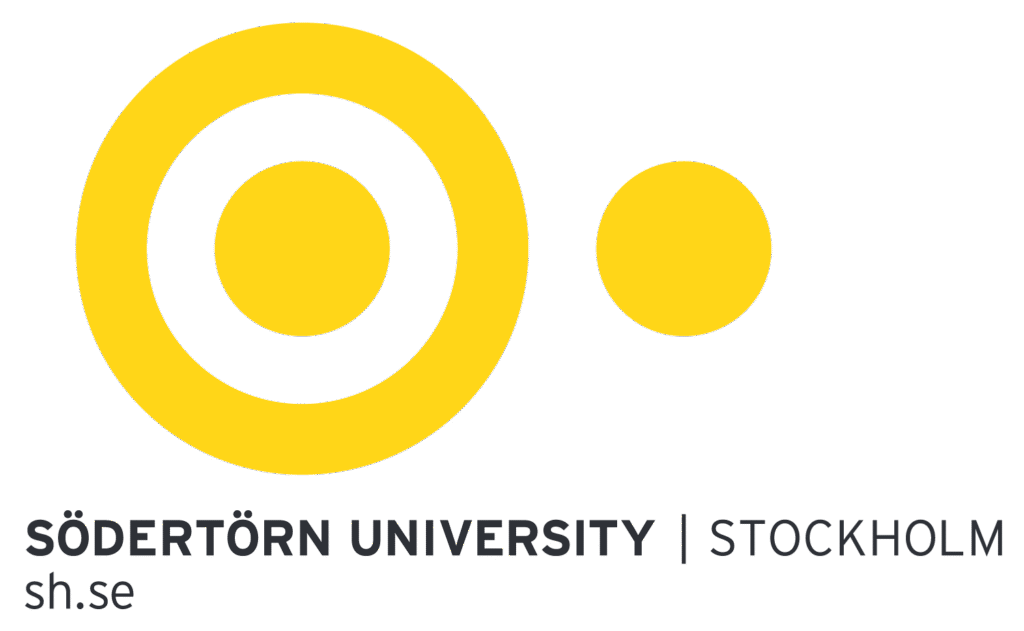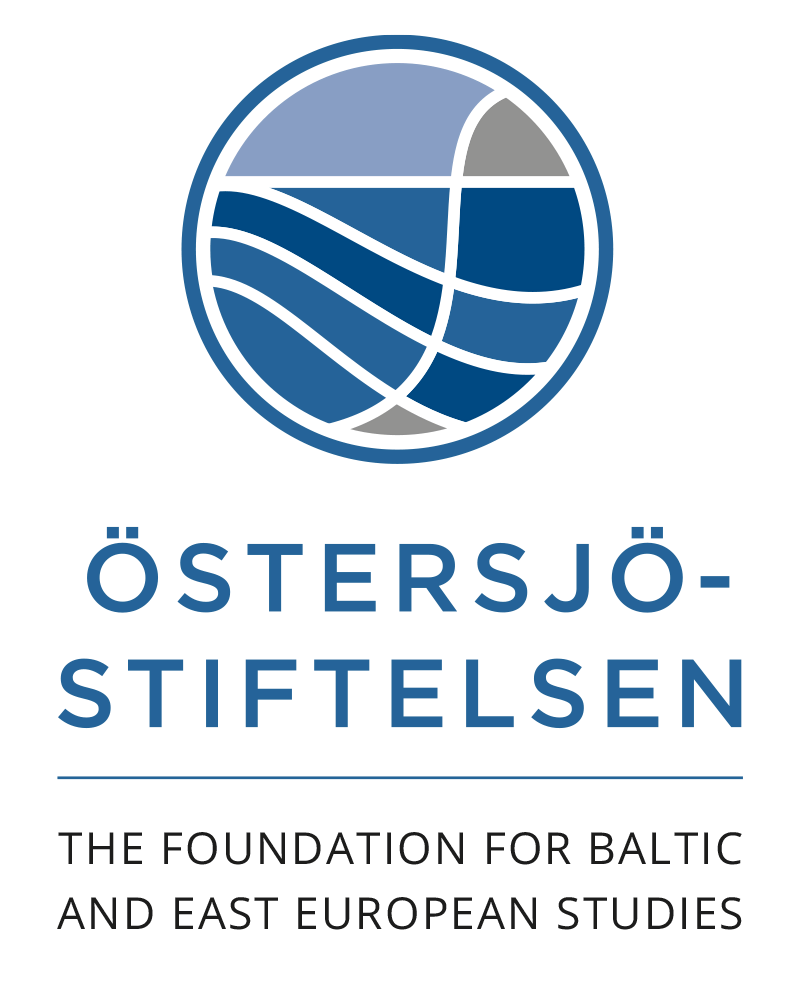Rhetorical Citizenship and
Democratic Education
in the Baltic Sea Region
6–8 May 2026
Södertörn University, Stockholm
Democracy across the Baltic Sea region is under increasing strain. Political polarization, disinformation, and declining civic trust threaten the conditions for public deliberation, while young people across these societies report uncertainty about how to participate meaningfully in democratic processes. At the same time, teachers lack concrete strategies for fulfilling the democratic mission assigned to schools. These challenges call for renewed attention to rhetorical education – an underexplored but powerful tradition that equips individuals to navigate disagreement, articulate positions, and engage others in constructive dialogue.
This conference addresses the civic potential of rhetorical instruction in secondary education. It explores how rhetorical and deliberative competencies are cultivated in classrooms and how they might be further developed to strengthen democratic resilience. Particular attention is paid to the role of language instruction, including the mother-tongue subject, in fostering argument literacy and deliberative agency.
The event brings together researchers, teachers, and policy actors from across the Baltic Sea region to examine how rhetorical education supports schools’ democratic mission. It is not a conventional rhetoric conference, but an interdisciplinary forum for those interested in rhetorical citizenship as an educational and civic practice. Combining scholarly and practice-based perspectives, the conference highlights how rhetorical competencies are mobilised in policy, curriculum, and classroom interaction. The Baltic Sea region offers a particularly relevant setting for this dialogue, as countries differ significantly in how rhetorical and civic education are framed and enacted—differences that call for comparative analysis and mutual learning.
The conference builds on networks established through the ReNEW workshop “Teaching Democratic Participation in the Nordics and Beyond” (2022) and the ongoing DEMORHET and READy projects. It also complements the theme of NKRF10 (2026), Rhetoric and Democracy Revisited, by offering a more focused exploration of rhetorical education in schools.
We invite proposals from researchers in rhetoric, education, curriculum studies, and related fields, as well as from educators and practitioners.
Formats may include individual papers, panels, workshops, and roundtable discussions.
Teachers are particularly encouraged to share examples of successful pedagogical practices, classroom-based challenges, or strategies for fostering rhetorical agency and civic engagement. Contributions may take the form of presentations, workshops, or dialogue-based formats. All submissions will be considered with attention to relevance and potential for mutual learning between research and practice.
Selected contributions will be considered for a special issue of Rhetorica Scandinavica and for a dedicated panel at NKRF10.
The conference programme will include both joint and dedicated sessions for teachers and researchers, with opportunities for exchange across roles and national contexts.
Abstracts (max 300 words, plus 4-5 keywords) may be submitted in English or a Nordic language.
1
Abstract submissions
Please submit your abstract
by 10 November 2025 via
at https://axacoair.se/go?1sa0marB
2
Notification of acceptance
December 2025
3
Registration (for accepted presenters)
February–March 2026
Organising Committee
Dr Stefan Rimm, conference chair
Senior Lecturer in Rhetoric, Södertörn University
stefan.rimm@sh.se
https://www.sh.se/kontakt/forskare/stefan-rimm
Associate Professor Mika Hietanen
Senior Lecturer in Rhetoric, Lund University
mika.hietanen@kom.lu.se
https://portal.research.lu.se/sv/persons/mika-hietanen



